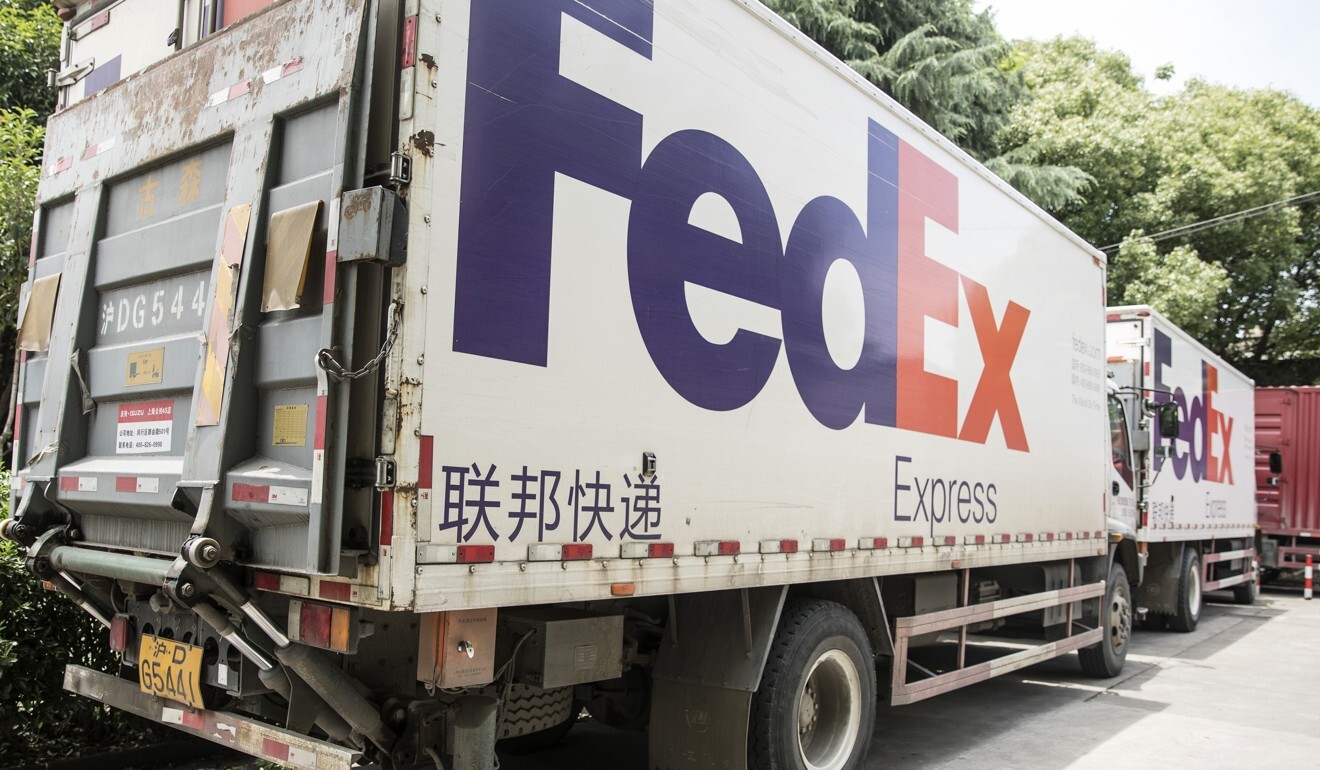
Why China did not retaliate after latest US move to target Huawei
- Beijing prepared black list of ‘unreliable entities’ but was not prepared to take economic hit from targeting US business, source close to Chinese government says
- Economic impact of Covid-19 pandemic has made authorities increasingly cautious about upsetting international companies
“It was almost released,” the source said. “But at the last moment the decision was taken to put the list on hold and wait.”
Beijing has made stabilising foreign trade and investment two of its main economic priorities for the year as it seeks to recover from the economic damage caused by the pandemic.
Beijing threatened to introduce its list of so-called unreliable entities – firms deemed to have damaged the interests of Chinese businesses or threatened national security – 12 months earlier following previous US restrictions on Huawei.
But since then, China has gone quiet over the entity list, despite growing concerns among foreign businesses about how it will be implemented.
The source said the authorities had finalised the details of the list late last year, but were worried about the reaction of foreign businesses and making the country a less attractive place to do business.
When details of the latest US tech restrictions – which included limiting Huawei’s access to US semiconductor technology – were announced, the state-run tabloid Global Times said China was prepared to investigate or place restrictions on US tech firms such as Qualcomm, Cisco and Apple, and suspend purchases of Boeing planes.

But Dan Wang, an analyst with research agency Gavekal Dragonomics, said punitive measures were not likely to be introduced any time soon, and China could “ill afford” to target US companies.
“Despite nationalist rumblings, it doesn’t look like China is ready to jettison decades of effort to be an attractive location for foreign manufacturers. The official reaction to the US move against Huawei has been muted,” he said in a research report.
Wang said Beijing did not have to rush into retaliation but needed to “thread the needle between satisfying public opinion that demands strong action, and stabilising the economy and retaining foreign investment”.
“For now, all indications are that stability outweighs retaliation,” he said, adding that Beijing had shifted its focus to “a longer-term effort of trying to avert permanent damage to China’s industrial ecosystem from the loss of foreign investment” over the past two months.
Observers also said that American businesses that once tried to smooth over US-China divisions had become increasingly muted, while the slow pace of market opening in China had eroded the patience of foreign companies.
The source said China needed to improve its relationship with the rest of the world by toning down its combative approach, repair its reputation in the wake of the Covid-19 pandemic and take concrete steps to address foreign businesses’ long-term grievances.
If the country’s leaders failed to cement a resilient economic recovery in the next two years, they might face major political pressure, the person said.
Alex Capri, a research fellow at the Hinrich Foundation, said that possible retaliatory actions could include investigations, audits, restrictions of local sales and operations, revoking licences, lawsuits and increased cyber-intrusions.
“Multinational companies will face an increasingly hostile environment, particularly if they are seen to be complicit with US export controls and restrictions targeting Chinese firms,” he said in a report released on Wednesday.
“Techno-nationalist support to their Chinese competitors will increase, challenging their market share.”

